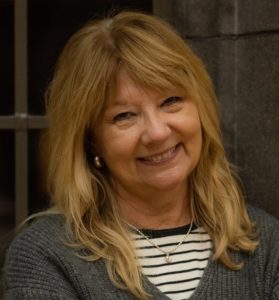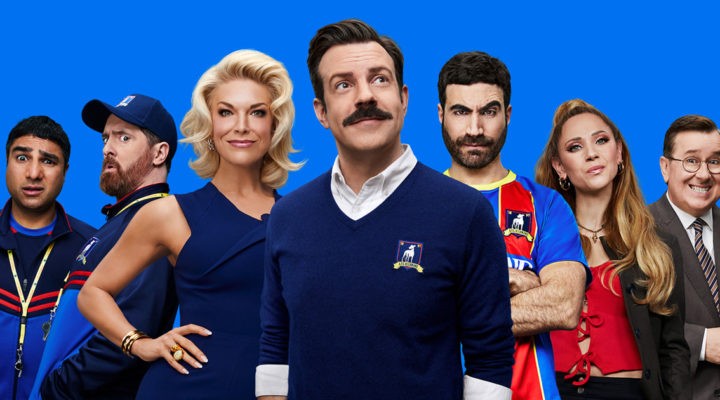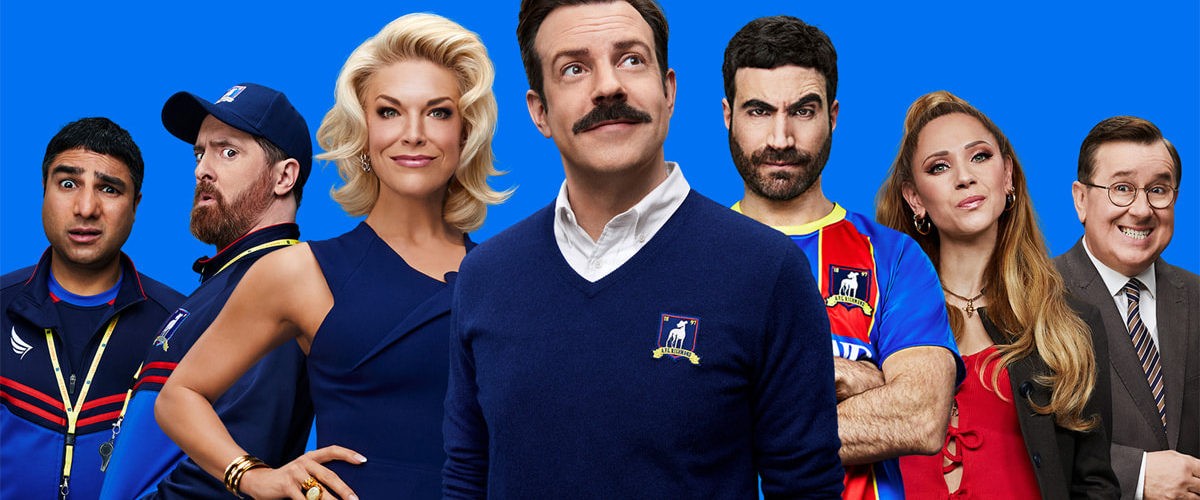I benefit from working with folks whose bulbs are brighter than my own. Initially, I thought that grades, test scores or advanced degrees from impressive institutions measured intellectual prowess. But as years pass, I learn that there are additional ways of knowing, diverse forms of wisdom, and discernment that elude our transcripts. I’ve seen temper tantrums in psychiatric team staffings, church committee work and faculty meetings that look like the pregame throwdowns on championship wrestling. We may be smart, but we aren’t always wise.
We sometimes lack the skills the 4-year-olds learn in the preschool sandbox. Use your kind words. Put the toys back where you found them for someone else to enjoy. Learning is fun. Help your neighbor learn. Say you’re sorry.

Paula Mangum Sheridan
What does wisdom look like here and now? Like pornography, we may not be able to define it but we know it when we see it. Or feel it. It only takes a few episodes of listening to Cliff Clavin, the postal worker on Cheers, spew facts about irrelevant issues to see that knowledge alone cannot connect us to others.
Now I hunger to be among the wise — those who know who they are, who they are not, are filled with curiosity and swim in the direction of grace and growth. They do their best to avoid the pitfalls of perfection. Instead, they shoot for authenticity with themselves and with others.
They invite me to dance in places where I once cowered in fear.
I see this wisdom weekly as the characters of Ted Lasso bloom like sunflowers in a sun-drenched field. Greg Garrett, senior columnist at BNG, elegantly described the grace, forgiveness and community building embedded in the Lasso stories, helping me understand why a television series serves bread to emaciated souls.
In each episode, I see people releasing burdens of revenge, self-importance and covert manipulations in exchange for forgiveness, self-love and redemptive truth. The alpha dog culture slowly transforms into collaboration and support. Coach Ted Lasso and his team remind us that we, too, can play on a team that nurtures our souls’ beauty as we reciprocate to others.
Coach Ted Lasso is my coach, too. He models emotional intelligence, the ability to acknowledge and regulate our emotions as we honor the emotions of others. Coach Lasso integrates his feelings with logic while navigating a team and village that initially sees him as unworthy of their respect. He struggles with the loss of his marriage and father, at times crippled by anxiety. As his defenses falter, he seeks help from credible resources and learns that vulnerability and sorrow can be launching pads for new beginnings. Coach Lasso shows us that the mental health labels we use to contain people describe our struggles, not define who we are. We are more than our diagnosis, even when that’s all we know ourselves to be. We can struggle, fail and succeed while we are healing.
“He models emotional intelligence, the ability to acknowledge and regulate our emotions as we honor the emotions of others.”
Even though everyone is not there yet, the Lasso gang offers us a gracious generosity, “sharing the sunlight.” We see people learn when to lead and when to follow, score and pass the ball. They work best when they are fluid and flexible, on and off the pitch. We have similar rhythms in our own lives. We do not always need to save the day by ourselves. Maybe we lead by stepping aside to allow another’s talents to emerge. It can be a tough call.
We learn to replay our game films to create new plays rather than ruminate our failures. We discover that opponents such as racism, white body privilege and poverty disproportionately foul our team members and friends. Christmas is a celebration to some, a reminder of colonialism to others.
Coach Ted Lasso teaches me that life’s lessons take more than one session. We may understand the idea but not know how to execute the play. That’s why we practice again and again. I learned that some misunderstandings could be named and resolved if everyone shared the same game plan. When we are curious rather than judgmental, we are open to new possibilities rather than recursive replays of old wounds.
I’m grateful that males in this story are allowed a more comprehensive range of emotions and behaviors. They accompany and learn from strong women who also are evolving. Emotional regulation, the ability to identify what we feel and adjust our emotional velocity, signals a pearl of hard-earned wisdom. We learn how to read our internal workings, comfort and soothe ourselves, step in and step away so that we can be intentionally kind.
“When we are curious rather than judgmental, we are open to new possibilities rather than recursive replays of old wounds.”
When we practice these disciplines like players on the pitch, it becomes easier to love our messy and beautiful souls as we interact lovingly with others. There is no university for this degree.
I share these thoughts before the second season of Ted Lasso ends. No matter the final score, I know I am learning powerful lessons that enrich my life. Thank you, Ted Lasso, for coaching my soul.
Paula Mangum Sheridan recently retired from Whittier College as an associate professor and program director of the social work department. She is a licensed clinical social worker and supports voter accessibility and the rights of people without homes in her community.
Related articles:
Ted Lasso is the antidote for everything that’s wrong with America | Opinion by Greg Garrett
The one thing that most predicts a pastor’s success | Opinion by Mark Wingfield


